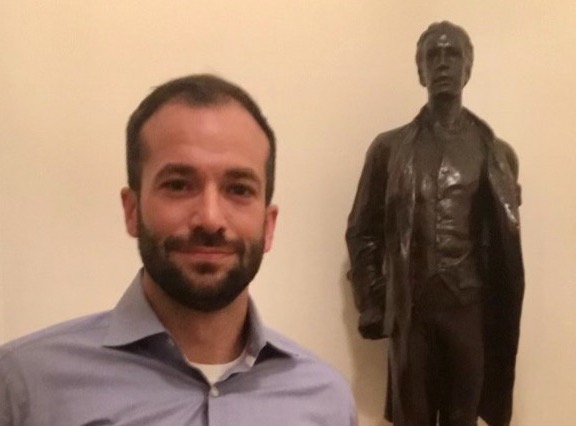The Spymaster-in-Chief
- Jeff Rogg

- Dec 21, 2020
- 2 min read
The Founders had a problem: they knew from their experiences in the Revolutionary War that they needed intelligence, but they also knew the American people would never accept sneaky spies and dishonorable espionage as an official part of the American state. Also, they learned the hard way during the Revolutionary War that political rivalries in the Continental Congress and its committees, like the Committee of Secret Correspondence, meant that Congress could not keep secrets or take the lead on intelligence for the country. During the Revolutionary War, intelligence increasingly became the work of a few leading figures like Ben Franklin, John Jay, and George Washington. So, the trend was to let individuals lead American intelligence.
After the Articles of Confederation failed, the delegates to the Constitutional Convention came together to form a new government. When the delegates met, they debated what the United States would look like under the Constitution. The Founders, who feared a conspiracy in the British government to take their liberty and then created their own conspiracy to win their independence, were now in the ironic position of having to form a new government. They worried that the government they created could become tyrannical and conspiratorial like others. So, they decided they needed to make the new U.S. government as transparent to the public as possible. But when it came to intelligence, even the fierce, pro-liberty patriots like Patrick Henry admitted that the government should not reveal intelligence operations "till the end which required their secrecy should have been effected." In other words, the U.S. government had to keep its intelligence activities secret from the American people.
The Framers of the Constitution thought that the President of the United States should have the authority to use spies and conduct intelligence operations. Based on their experiences in the American Revolution, it was better for one person, like the president, to control intelligence because it offered the best way of keeping secrets. In Federalist Paper 64, John Jay explained that there were "cases where the most useful intelligence may be obtained, if the persons possessing it can be relieved from apprehensions of discovery" and that the person best equipped to oversee these operations was the President of the United States. Alexander Hamilton agreed in Federalist Paper 70. Translation: the American President was going to be the Spymaster-In-Chief.
George Washington was the first president and first Spymaster-in-Chief. Washington had proven himself a smart, effective intelligence officer during the Revolutionary War. Washington relied on this background in intelligence when he became president. In the first "State of the Union Address," Washington made a special request that created an American intelligence tradition. This American intelligence tradition set the course for U.S. intelligence history for decades to come.

Source: https://en.wikipedia.org/wiki/File:Constitution_of_the_United_States,_page_1.jpg




Comments